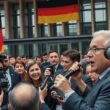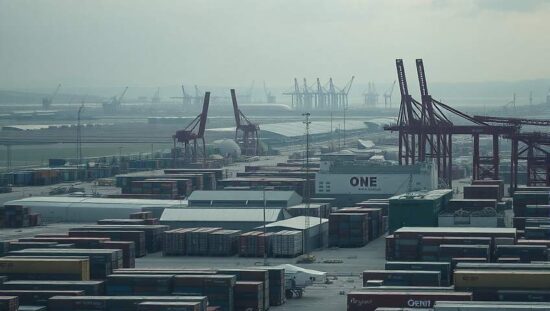The European pharmaceutical industry faces a critical juncture, with a stark warning issued regarding its overwhelming reliance on Chinese and Indian drug substance suppliers. David Seignolle, CEO of European active pharmaceutical ingredient (API) manufacturer EuroAPI, cautioned in an interview with Handelsblatt that inaction risks jeopardizing European healthcare security and economic stability.
The current landscape reveals a deeply concerning dependency: approximately 80% of the APIs used within Europe originate from China and India. This dependency isn’t limited to finished products; EuroAPI itself purchases a significant portion of its precursor materials from Asia, with roughly 50% of inputs for its Frankfurt facility sourced from the region. This level of reliance, Seignolle argues, renders European generic drug manufacturers vulnerable to price fluctuations, supply chain disruptions and geopolitical instability.
The issue transcends purely economic considerations, as highlighted by EU Health Commissioner Oliver Varhelyi, who echoed the security risks associated with this dependency. A concentration of API production in a few geographically limited regions creates a potential chokepoint, susceptible to political pressure and natural disasters. The COVID-19 pandemic acutely demonstrated the fragility of global supply chains and the pharmaceutical sector remains demonstrably exposed.
EuroAPI’s CEO is now calling for substantial and targeted financial incentives and support mechanisms to revitalize European API manufacturing. The challenge isn’t simply about re-shoring production; it’s about making European manufacturing competitive against the often lower labor costs and less stringent regulatory oversight prevalent in Asian markets. Critics point to a historical lack of investment in European pharmaceutical infrastructure as a key contributor to the current predicament.
The call to action reflects a growing unease within European political circles concerning the strategic autonomy of the region’s healthcare system, raising questions about the effectiveness of existing trade agreements and the potential need for new industrial policies to safeguard vital drug supplies. The debate now centers on how aggressively Europe will act to fundamentally reshape its pharmaceutical supply chain and reduce its dependence on external powers.





